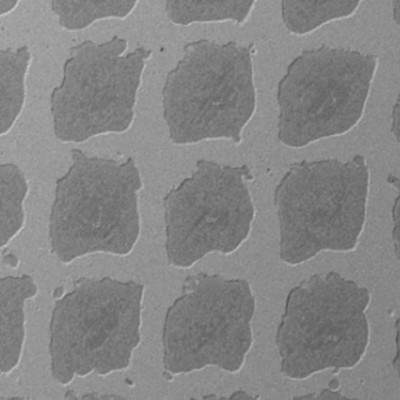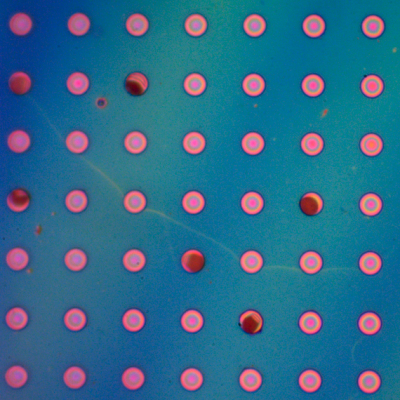Leaders with the startup, called Nodis, came to Columbus, Ohio, this summer with plans to ramp up production and sales of the TruTint tech to North American glass manufacturers.
Nodis sells a smart film to manufacturers who then sell smart glass, taking a different approach than competitors who make and sell smart glass to end users, says Mike Holt, board director and co-founder.
Nodis plans to open a factory in central Ohio to make its key component, according to news reports. The nanoparticle components will be applied to a film in Korea, then shipped to glass manufacturers and embedded in a final smart glass product.
Nodis says in a news release that its cutting-edge smart glass technology “dramatically reduces energy costs and the carbon footprint of a building.” The approach can be used in commercial buildings, cars and homes and will start showing up in those applications in nine to 12 months.
“Beyond smart glass,” Holt adds, “Nodis extends its technology as low-power transparent display capability, essentially making every window a display.”
The innovation includes an Internet of Things-based control system that integrates with smartphones and building management systems.
“TruTint uses color coated nanoparticles that act as small light shutters that are oriented when voltage is applied, transforming windows by giving people the ability to change the tint, color, and temperature characteristics of windows instantly,” the company explains in a news release.
Sergey Shokhor, Nodis CEO and founder, says the startup is passionate about addressing climate change and its damaging impacts. Shokhor says buildings are responsible for 40% of a city’s carbon emissions and TruTint smart glass can cut carbon dioxide emissions from buildings by up to 50%.
Holt adds that the smart glass TruTint film has several advantages over competing solutions, including substantially lower costs, fast-switching technology and infinite tints and infrared control to maximize building energy savings.
Read the original article on Forbes.







